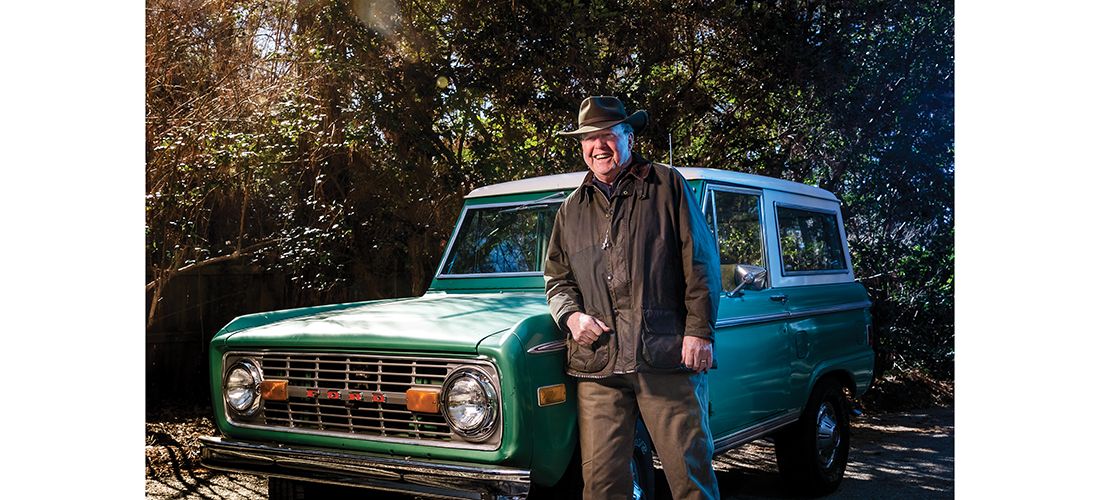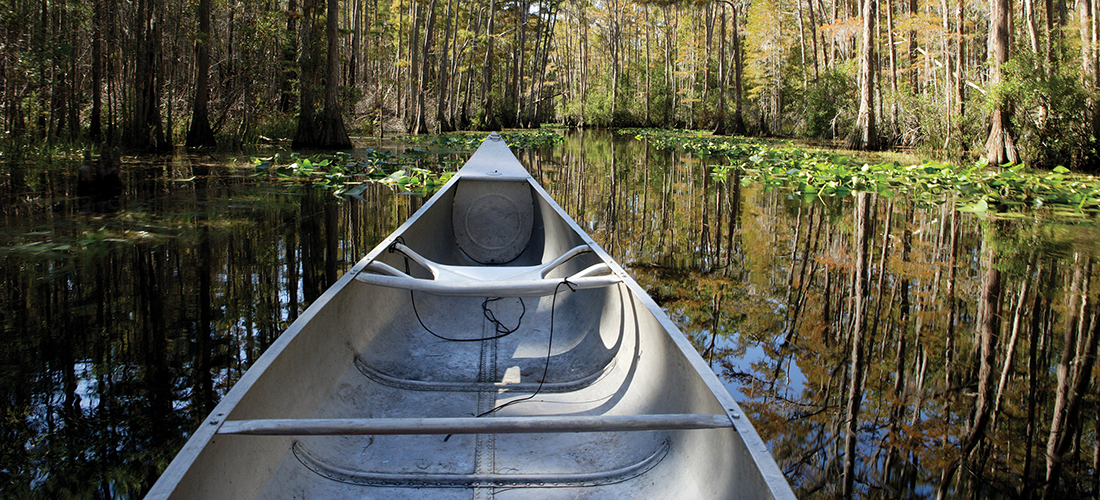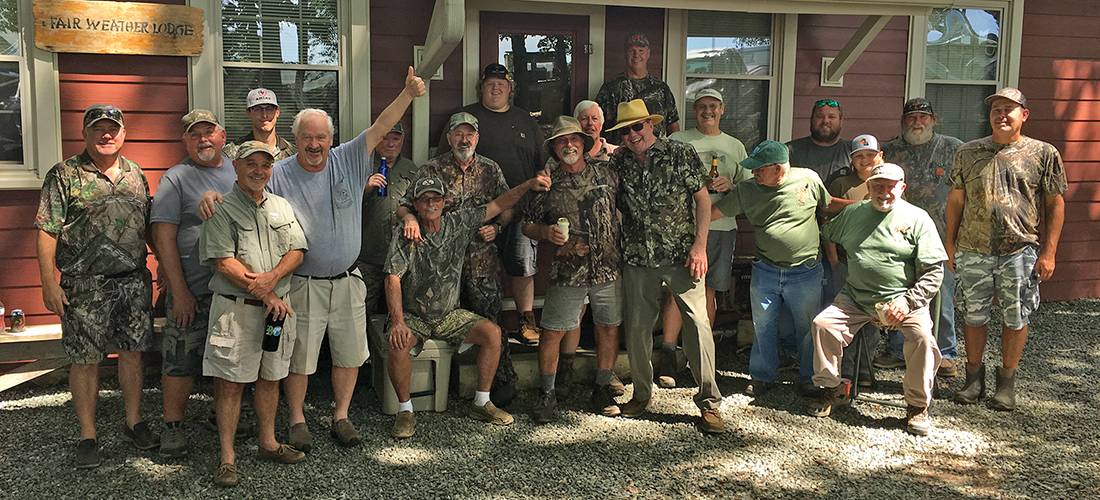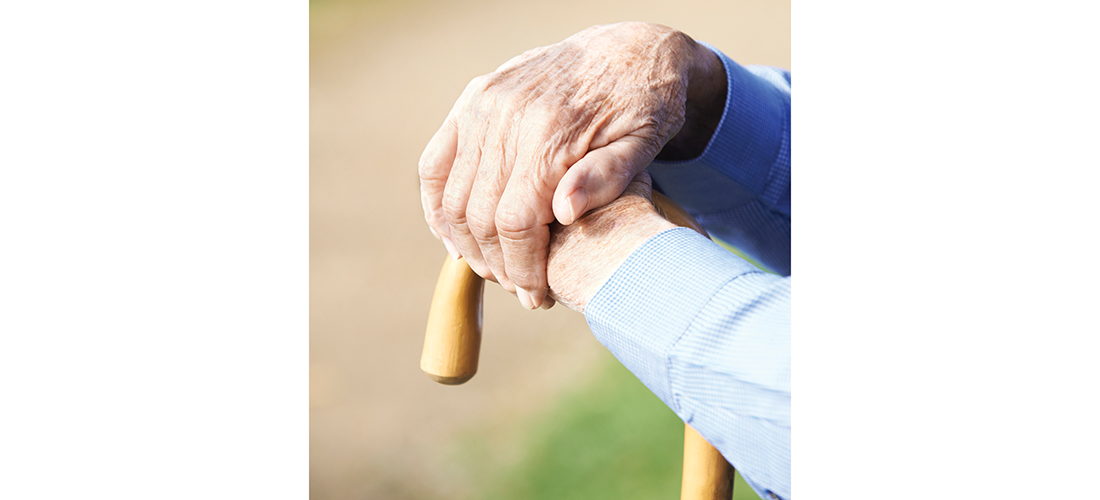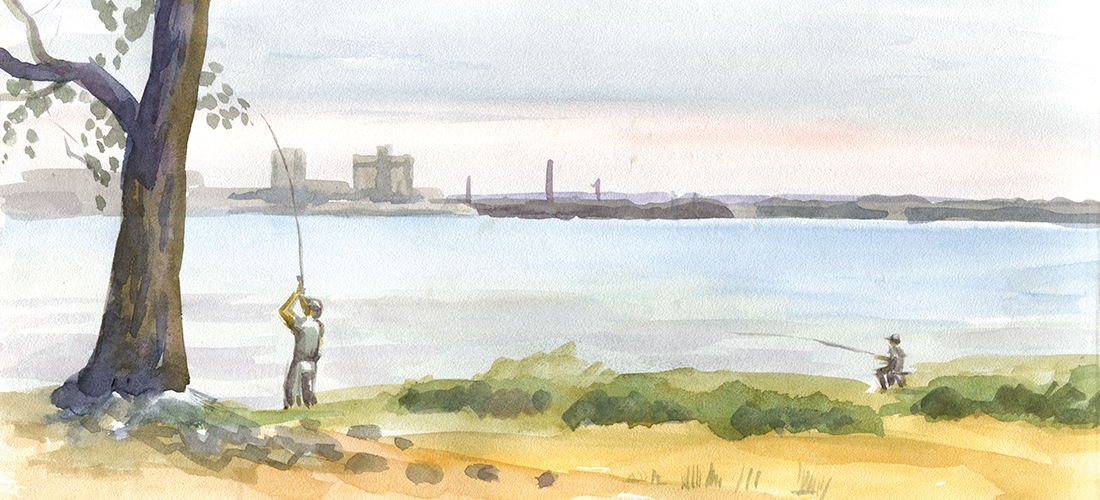Truckload of Memories
And there are someadventures left
By Tom Bryant
It was about 8:30 and I planned to call it an early evening since I was to be up and at ’em at sunrise the next morning to do a little pond fishing, my favorite kind. Linda, my bride, was in the den watching Jeopardy!, her favorite game show.
“I’m sacking out, Babe. Up early in the morning. You want me in the guest room, or do you want to watch the sun come up with me?”
“Guest room. You can tell me all about the sunrise. I hear your phone.”
My phone was in the kitchen, ringing its persistent nagging call. I checked the number and saw the caller was our son, Tommy. “Hey, Tom Bryant. Whatcha doing?”
“I’m up on Three Top, just coming down off the ridge. I had to detour from the trail a little. Saw a bear cub about 50 yards away and sure didn’t want to get in between the cub and its ma.”
Tom had just bought several acres on Three Top Mountain close to Jefferson and was planning a little hunt cabin because the property borders the game lands.
“That’s smart thinking, buddy roe. There’s nothing worse than an angry mama bear. It’s pretty late, almost dark here. I hope you’re about off the trail.”
“Plenty of light here, and I’ll be back to the truck in a few minutes. Andy called and wants to talk to you about buying the Bronco.”
Andy is a good friend of Tom’s. They both went to Lees-McCrae College in Banner Elk and stayed in touch after graduation. Andy and his wife live in New Hampshire, but he travels to Pawleys Island in South Carolina often to visit his family.
“He wants to buy the Bronco?”
“Yes, sir. He remembers the truck from the time I had it up here at school. He fell in love with it back then.”
“Tom, the old Bronco has been sitting in the garage for years. You know that. I only crank it up every now and then, back it out and let it run a bit and then put it back in the garage.”
“He says he really wants it. He’s becoming something of a car collector. Or wants to be.”
“I’ll be happy to talk to him,” I replied, “but I don’t think I want to sell it right now. I understand those old Broncos are commanding quite a dollar figure.”
“OK. I’ll tell him. Be looking for his call.”
We talked a little longer about his doings in the mountains, and I said good night and gave the phone to his mom. She loves to talk to Tommy. He’s approaching 50, but like moms everywhere, she figures her kid never gets too old to receive a few instructions.
As I was trying to go to sleep, I thought back to the history I had with the old truck. Some of my friends often said jokingly, “If that Bronco could talk, Bryant would be in all kinds of trouble.”
We traveled to a lot of places, most of the time with a canoe on top. Trips to the Okefenokee, duck hunting at Mattamuskeet, and many, many trips to our own secret duck hole.
In good times and bad, it seems that the Bronco was there. There is a photo somewhere with Tommy and my first Lab puppy, Paddle, sitting on the tailgate. Both the boy and the dog are smiling.
The old vehicle has been kinda put on the back burner, resting in our garage like I told Tommy, only getting fired up every now and then.
I bought the truck when it was brand new, smelling like all kinds of adventures. A friend and I had just started a weekly newspaper back in the days when newspapers were proudly appreciated. I spent many days and hours in the truck hauling newspapers from the press to the office and to racks around the county. I learned to live out of it, for work as well as play.
One time I did a little inventory of the items I had accumulated in the Bronco over a period of time. It started with my gunning bag, in itself quite a useful tool. It has lugged shotgun shells in a variety of gauges and sizes for hunting ducks, doves and small game, a few rifle cartridges and several rounds of ammo for handguns. It has held cans of sardines, beanie-weenies and candy bars. In it I’ve found long-lost pocketknives, and one time a Leatherman tool that I swore I lost in the marshes of Bodie Island. The gunning bag made by Barbour is very versatile. It has served many times as my carry-on bag aboard flights to New York City, emptied of hunting paraphernalia, everything except a sack of beef jerky. I like to take a little of home with me when I travel.
I also keep training tools for my Lab in the classic truck like retrievable training dummies, an extra dog collar and a few dog biscuits in a sack. I got tired of her eating my jerky.
There was a towing strap, three spark plugs, 50 feet of camouflage duck rope. Two rolls of toilet paper, two hats, a pair of gloves and an old, worn down to the good, camouflage duck coat. There also was a pair of ragged L.L. Bean boots that fit me just right, a canteen, which I think was a carryover from Pinebluff Scout Troop 206, and an old Army mess kit with a bent but still serviceable Sterno stove. (I don’t think they make Sterno anymore.) I usually had a spinning outfit with a few lures hidden in a back corner of the truck, and a small hand-painted camouflage cooler with a couple of warm beers rolling around in the bottom.
What happened to all that magnificent stuff, as much a part of the truck as its four-wheel drive? It has gone away, disappeared like some of my youth. But the basics are still here. My gunning bag rests close, ready to go whenever I am. The other stuff is around somewhere just waiting to be found, like my old Leatherman tool.
The morning after I talked to Tommy and before I headed to the pond to do some fishing, I backed the Bronco out of the garage and just sat in it, listening to the soft burble of the engine. All the smells were there, and it wasn’t hard for me to conjure up the days when it was loaded to the gunnels with all kinds of necessary gear, ready to go.
You know, I thought as I drove the Bronco back in the garage, it wouldn’t take much to get her ready for the woods again. But I remembered my mama and one of her favorite sayings, especially as she neared what she called her golden years. “There’s a season for all things, son. You’ll realize it as you age a little.”
Mom was right. A lot of things I used to do and take for granted come a little harder today, but I think the vintage Bronco and I just might have a couple of seasons left. PS
Tom Bryant, a Southern Pines resident, is a lifelong outdoorsman and PineStraw’s Sporting Life columnist.

